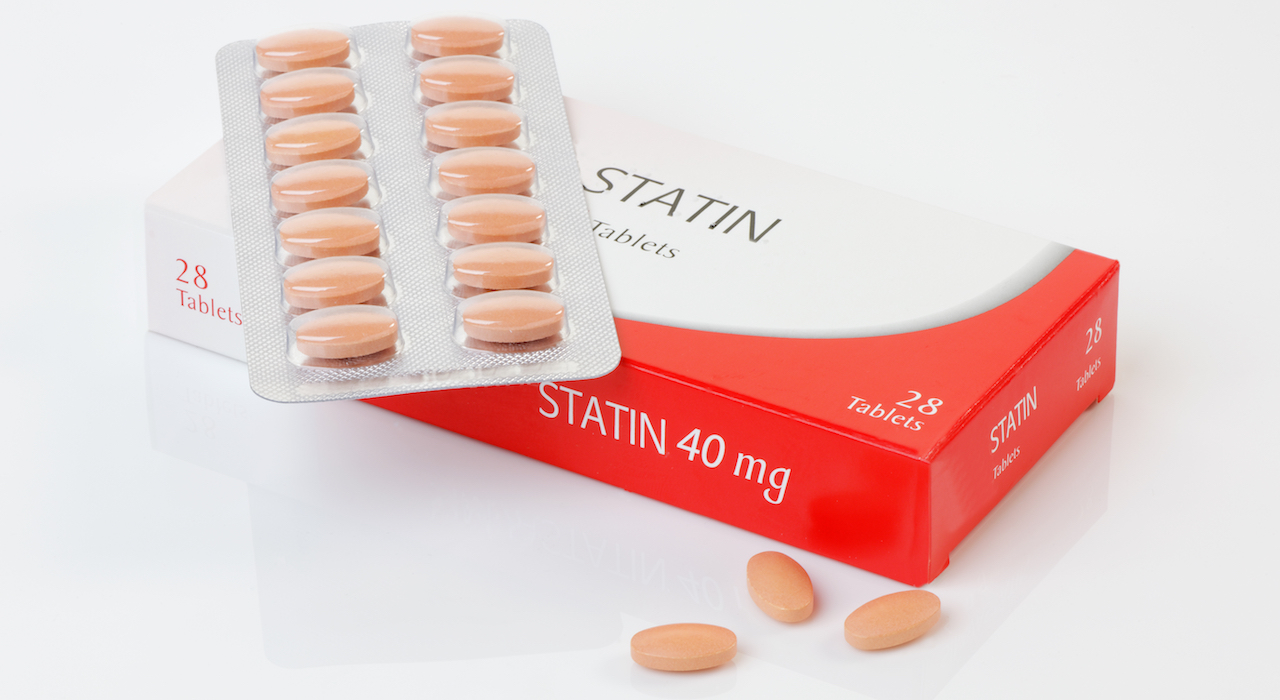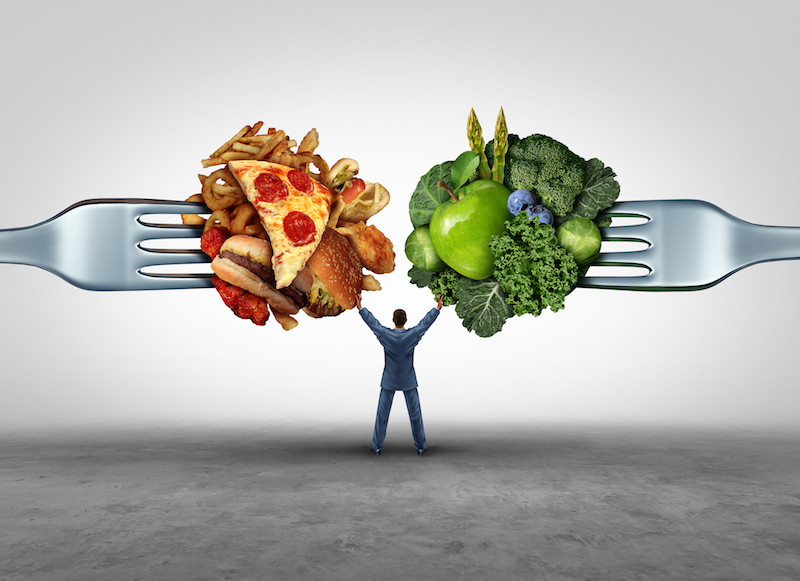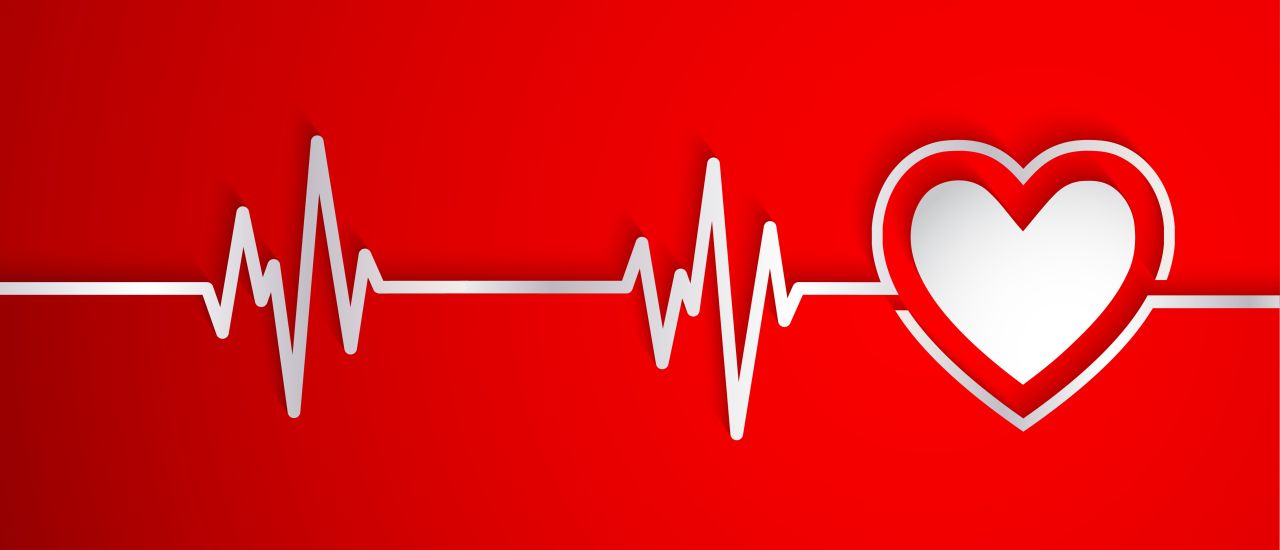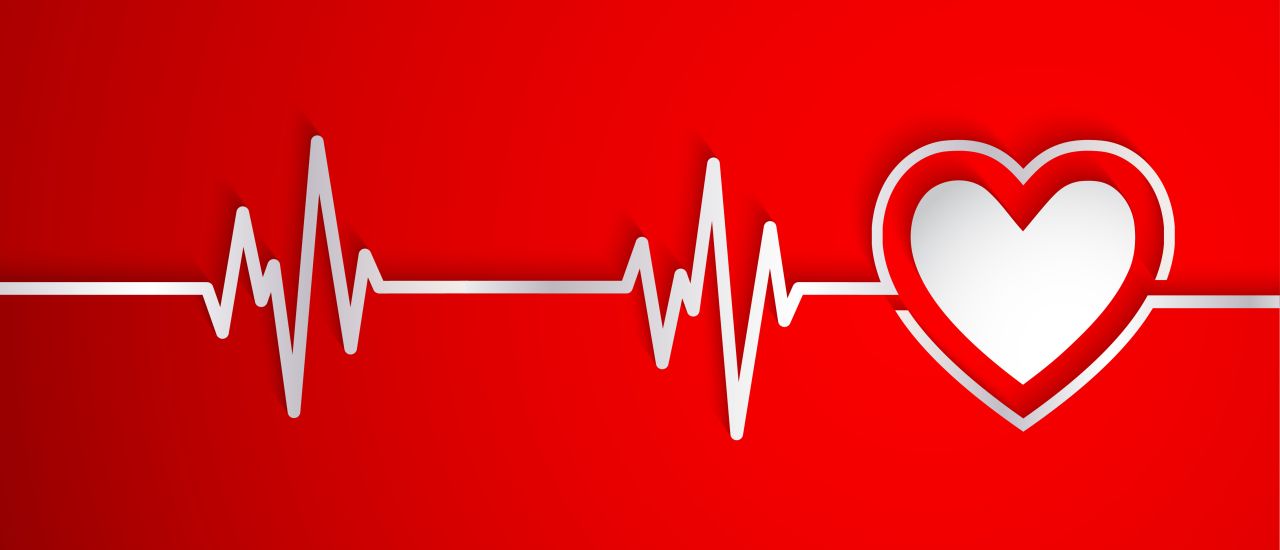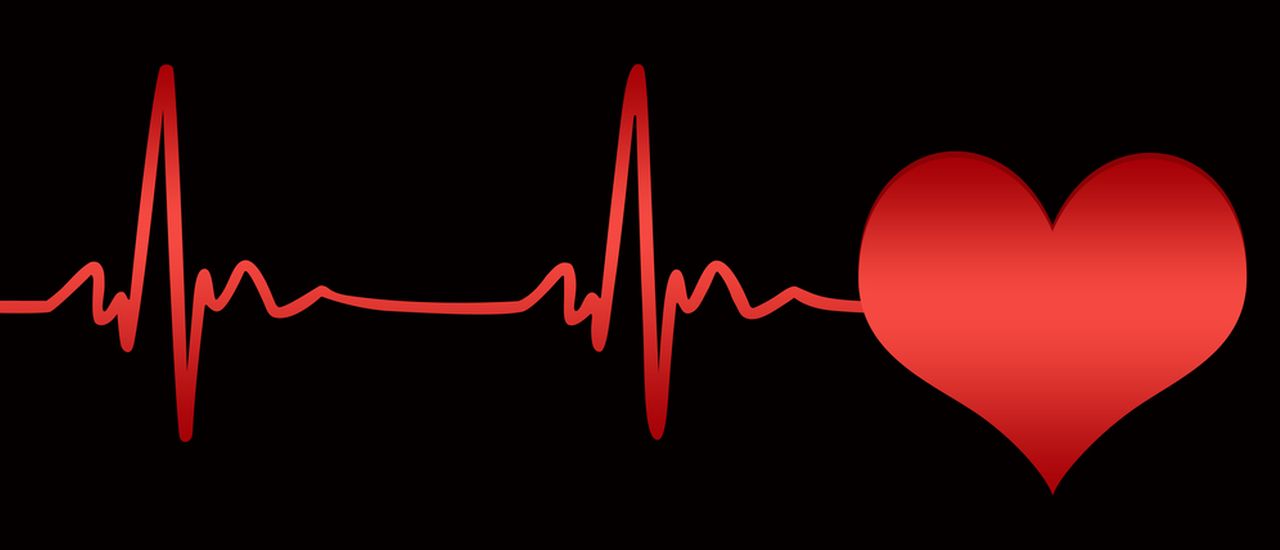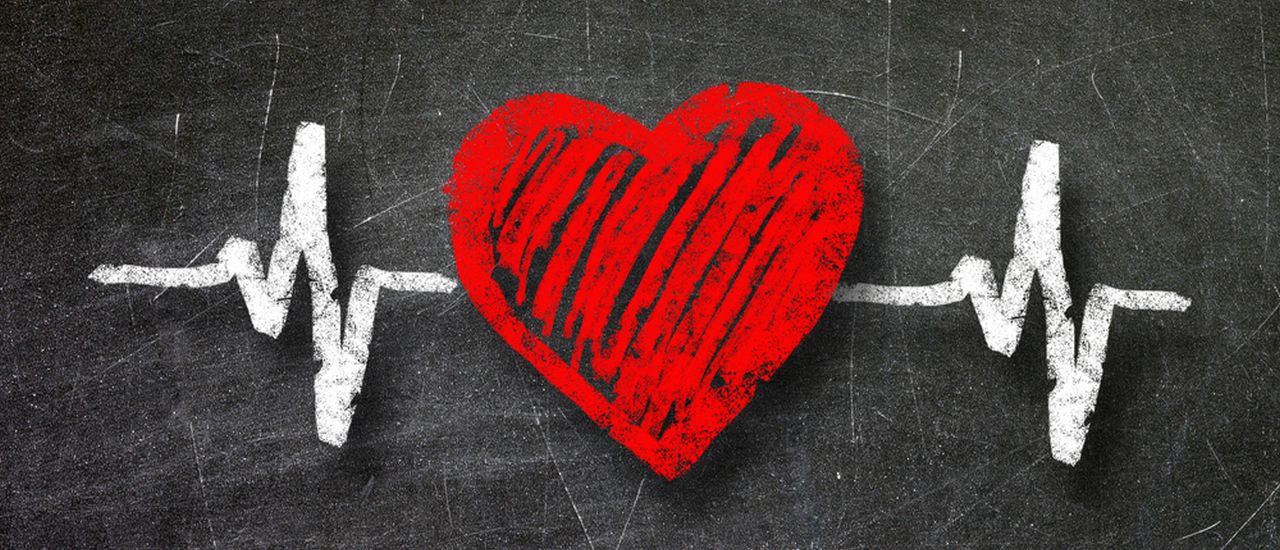Statins have a great track record for helping those with heart diseases and high cholesterol levels. They help decrease the death rate in people with a history of heart disease and high cholesterol by as much as 20% and doctors are looking to use statins even more widely for other conditions.
How do statins work?
Statins are a group of enzymes also known as “HMG CoA reductase inhibitors” which block the production of cholesterol by standing directly in the metabolic path responsible for forming cholesterol.
The purpose of statins is to raise the levels of “good” cholesterol (HDL = high density lipoprotein) and lower the levels of “bad” cholesterol (LDL = low density lipoprotein). “Bad” cholesterol or LDL is responsible for the layer of plaque that forms on artery walls and causes heart attacks and strokes. (Although there is more to the story than this.)
More bad news
While statins seem to make a difference to the rates of heart attacks and strokes linked to high cholesterol, up to 15% of people experience side-effects from this medication, such digestive problems like diarrhoea and constipation, weakness and muscle cramps.
Other people have complained about forgetfulness and an overall negative effect on their mood. Statins were also shown to cause liver failure in very rare instances.
Some doctors say that they hear increasingly more complaints of muscle aches and fatigue that could be related to their patients’ statins. Statins can also interact with other medications, especially some antibiotics and antidepressants.
And while there are claims that statins could lower cancer deaths and lower the risk of inflammation in the body, these studies aren’t wholly valid as the sample sizes are simply too small.
The controversies
Statins are generally considered safe and seem to be tolerated well by many. Yet new research by the National Heart and Lung Institute at Imperial College London suggests that individuals did not suspect an increase in muscle cramps if they didn’t know they were taking statins. The researchers however, found that those who know they’re taking statins were 41% more likely to report muscle problems.
Although studies have found a slight increased risk for diabetes and a small increase in myopathy, the benefits are still more significant than the possible risks. Another study published in the European Journal of Preventative Cardiology, analyased the results of 29 trials involving more than 80 000 people. The study concluded that statins have minimal side-effects and people taking statins had fewer adverse symptoms than those taking a placebo.
This means that people would rather put themselves at risk for heart attacks because they’re discouraged by the controversial nature and the very small risks of the medication. This shouldn’t be the case, because the fatality of a heart attack or stroke is often higher than the very small increased risks of other illnesses and the possible side-effects of statins.
All in all, don’t just stop taking statins because of what you’ve heard. If you do feel any discomfort, first talk to your doctor – or even chat to one of ours.
Important
If you stop statins without consulting a doctor, your cholesterol levels could rise to dangerously high levels. There are some measures your doctor can take if you do experience side-effects:
- Switch to a lower dose of statins.
- Stop the medication for a while to see if the symptoms go away. Muscle pains and digestion problems can often have other causes.
- Alter your exercise regime to rule out muscle cramps.

